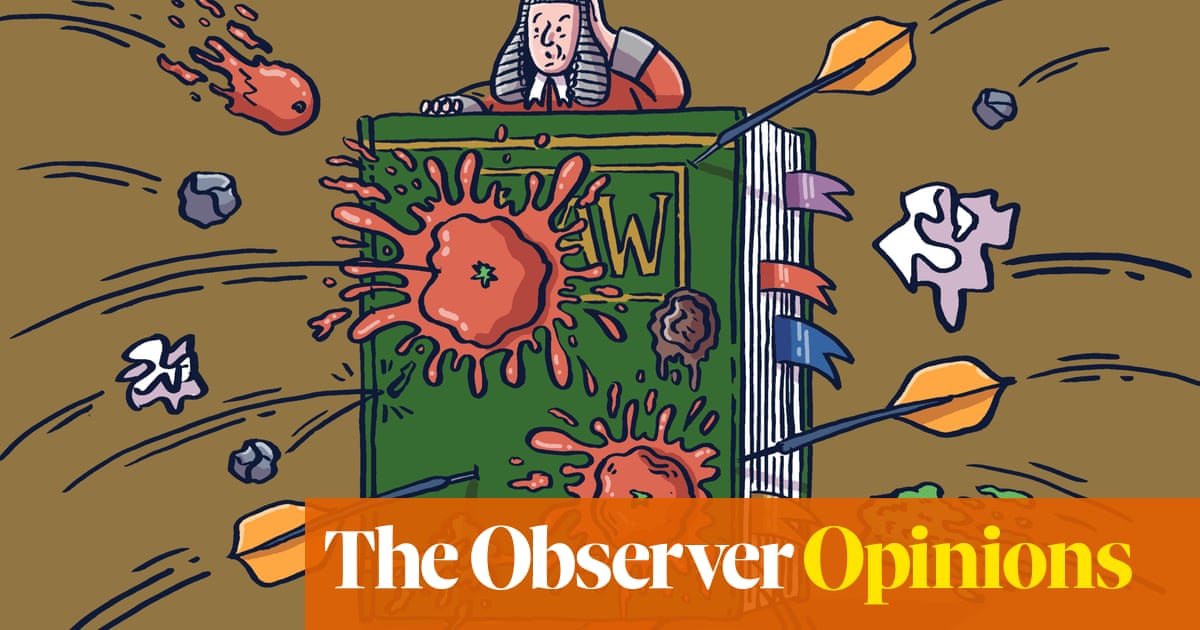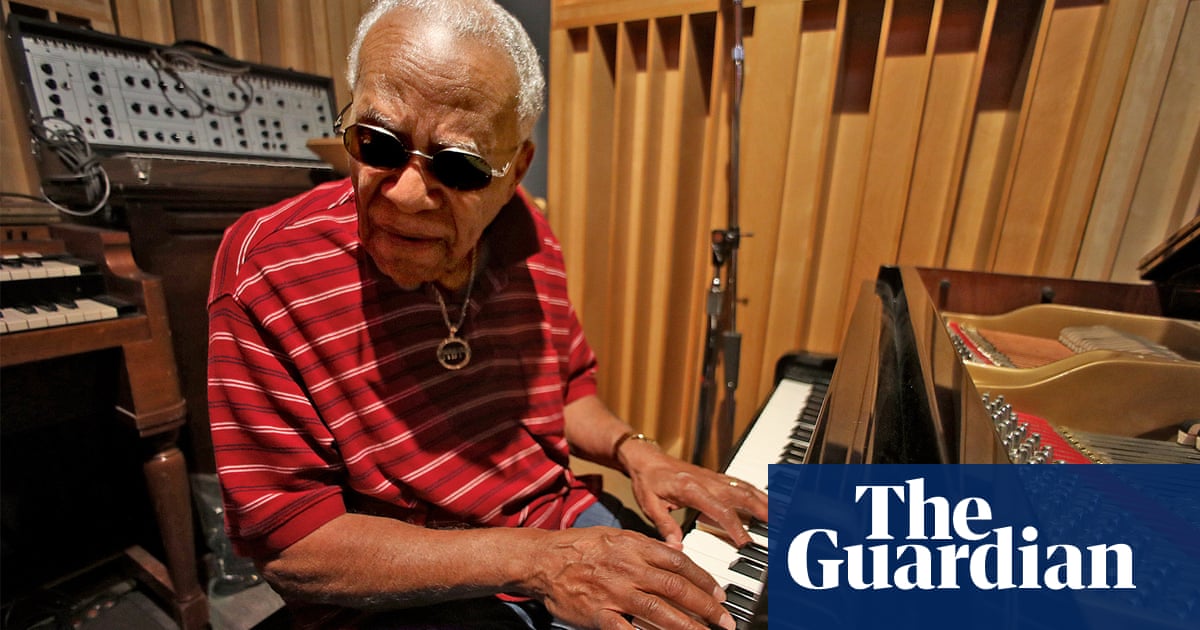
Even on his parents’ rural Jamaican farm, Jimmy Cliff dreamed big. “When I was a very small boy, my cousins and me would look after my family’s cows and goats, and I would talk about towns and countries I wanted to go to. Although they would laugh at me, I always had that kind of thinking.”
Cliff’s new single, Human Touch, released today, Jamaican Independence Day, marks more than 60 years in music from a man who has always looked beyond local life to move himself – and Jamaican music as a whole – on to a much larger stage. Cliff-penned songs such as Wonderful World, Beautiful People and You Can Get It If You Really Want are some of Jamaica’s most enduring pop music, and he is one of a few surviving musicians – after the recent deaths of stars such as Toots Hibbert and U-Roy – who can draw a line from ska at the start of the 1960s to today’s global reggae. “Ska did not develop until the time I came,” he says. “There were a few artists prior to that, but they were singing a version of rhythm and blues, Jamaican blues I would call it. I turned up in Kingston at just the right time – at the beginning of the real Jamaican music.”
Cliff, who turned 77 last week, relocated from the family farm to Jamaica’s capital as a young man in the late 1950s (a move later echoed by the character he played in the movie The Harder They Come), and “jumped at the chance” to attend the World’s Fair in New York in 1964.
Together with Millie Small and Prince Buster he performed at the event’s Jamaica Pavilion, to introduce ska, and perhaps make it as lucrative an export as calypso had been. It didn’t work out that way – “they took the right singers, but the wrong band, they took a slick showband with no feel for the music” – but Cliff met Island Records boss Chris Blackwell, who invited him to work in the UK.
“That was pivotal in my career, but at first I said no! I was in New York, the press there wrote about me favourably so I felt I had an opportunity there. Then Chris said: ‘Look what I did for Millie in the UK.’” Her single My Boy Lollipop had reached No 2. “I knew I was bigger than her in Jamaica, so I figured maybe he can do something for me and I went.”
In England in the second half of the 1960s, he toured almost constantly and made a few records he admits “didn’t go anywhere”. Unfortunately, the singer selected for his ska chops arrived as Blackwell – years before his success with Bob Marley – was repositioning Island from Jamaican music towards the UK hippy market, with artists such as Traffic, John Martyn and Fairport Convention. Cliff, it seemed, was an attempt to create a black pop-rock star who wasn’t American, and the failed records he speaks of were a long way from ska. He was produced by, among others, Tony Visconti, of T Rex and David Bowie fame, and worked with another of Blackwell’s proteges, Nirvana, a symphonic rock outfit best known for their 1967 concept album The Story of Simon Simopath (and not to be confused with the Kurt Cobain band).
While 60s London may not have swung for Jimmy Cliff, he flourished abroad, recording at Muscle Shoals in Alabama, and performing all over Europe with the multiracial soul/blues band Shakedown Sound. He appeared on French rock TV alongside Jimi Hendrix and Cream, and moved to Paris for a while; he spent time in Africa and became a superstar in Brazil after he was invited to represent Jamaica at an international song festival.
“I had come to England with big dreams, but it didn’t happen that way, so I wanted a change,” he says. Cliff won the festival with a number called Waterfall – written by Nirvana – then stayed on to record a huge-selling album with a distinct samba flavour, Jimmy Cliff in Brazil.
While working with local musicians, he realised he should be back in Jamaica, in Kingston studios, with reggae artists and his old mentor producer, Leslie Kong. Then the hits started flowing. Wonderful World, Beautiful People and Wide World both reached the UK Top 10 as the 70s began. Building on the profile he had cultivated, he became reggae’s first international star, perfectly poised when the next opportunity presented itself.
In 1972, he starred in the now-cult movie The Harder They Come, playing country boy Ivan who comes to Kingston to be a singer, and gets on the wrong side of the law to become an anti-establishment folk hero. Originally approached to do the music, Cliff’s bravado when meeting the writer/director Perry Henzell – “He asked did I think I could do the music, I told him I knew I could do the music” – and his proximity to the lead character earned him the starring role.
“The movie was set in the music business, so the director wanted music business people to really just play ourselves. Of course, there were bits when I had to act, like when Ivan goes to Coronation Market and the woman put a knife on my hand when I try to steal something – I never did anything like that in my life, so that was acting. I never killed anybody, either, or not yet, anyway! But for most of the part I went back into my life. Janet Bartley, who played Elsa, was the only actress – she had experience from doing plays in Jamaica. But everybody else were like ordinary people.
“I always loved acting at school. When we were breaking up for holidays we would normally have a play – I lit up. So being on the Harder They Come set was fantastic. Everyone was so excited: this was Jamaicans making their first movie. And it was a movie, it wasn’t like some little documentary or travel film. Every single person who was around it or even just knew about it was excited. We all went into it with so much hopefulness, so we all had that kind of energy, including Perry himself, and that powered the film.”
Indeed, nobody minded the stop-start schedule and, after Henzell’s frequent production shutdowns, would come back with the same enthusiasm when the cameras started rolling again. “Perry was always running out of money, so he’d have to close down and direct commercials to raise some cash. I would go back to England, get on with things and wait for him to get in touch: ‘We got some more money now, come back!’ Sometimes it could be quite a while, and because I’d have to go back looking exactly the same, I might have to go to the barber for a trim-up. Sometimes it was lucky that Ivan had a big cap on for most of the time.”
Cliff remains convinced the film was such a hit because it showed a Jamaica away from the beaches and the hotels, letting the audience into the lives of real people. However, not all Jamaicans saw value in that.
“A lot of the upper-class Jamaicans were angry with Perry for showing Jamaica like people had never seen before – the shacks and the shanties and life in the ghetto. But that’s what he wanted, the real Jamaica. One of the first thing he told us was: ‘Don’t put on no accent for me, talk like Jamaicans!’ That is why the film had subtitles.”
As someone who has witnessed so many different phases of Jamaican music, Cliff has no hesitation about picking a favourite: roots reggae, the conscious sounds of the 1970s that gave the world Burning Spear, Big Youth and the Wailers. “It brought in the cultural shift as relating to our African roots, and thus Rastafari” – the Jamaican religion that blends Christianity, mysticism and political awareness. “The music wouldn’t have been what it became, without the consciousness of Rastafari.”
He continues: “The Harder They Come did so much to bring that music to the world, because this was before [music] videos. It showed the hardship that went with the music, and the joy and celebration of those same people. It gave the music depth and got Jamaican music a lot of respect around the world. Although there were a few reggae hits before that, people looked at them as novelty, it didn’t look like a true music form until people could see: ‘Oh, this is where this music is coming from and this is what it means.’ The film paved the way for what came after that.”
Roots reggae provided a platform for rebellion against Jamaica’s ruling elite. Cliff has been a voice of the people since the 60s with songs such as Hard Road to Travel and Many Rivers to Cross, and his new song Human Touch is in response to the pandemic and the damaging avoidance of physical contact. Using music to speak up for the masses is something he believes is part of the Jamaican DNA. “Since ska, so many songs have been anti-establishment, my songs, too. Because for me everything is really about the people. Governments and religions make it look like all of life is about they who form the government or form the religion, when in reality it’s about the people. And the way we can make our feelings known or tell our stories is through our music.
“It’s historical,” he adds. “When we were kidnapped and brought here from Africa, Jamaica was one of the places where they fought back against their kidnappers. One of the biggest slave rebellions in the world was the Maroons, when the English colonial masters had to settle – they said: ‘OK, we can’t beat you, go on, take this piece of Jamaica for yourselves.’ Prior to that, if slaves were rebellious they would get left on Jamaica, while the ones the traders could manage would be taken to the other islands or the American mainland. That kind of spirit is still in the people – they rebel against any authority that is not just.”
Today, Cliff is the only living musician to hold the Jamaican Order of Merit, the country’s highest honour for arts and science. He is immensely pleased his longstanding global outlook is reflected on how Jamaican music has made its mark. “Reggae is at the heart of so much popular music – reggaeton, Afrobeats, hip-hop. That’s really amazing.” And doesn’t believe he’s finished yet. “People ask how come I’m still here after all this time, and when someone or something creative reach its peak, it will naturally start to decay and decline. I don’t reach my peak yet.”












